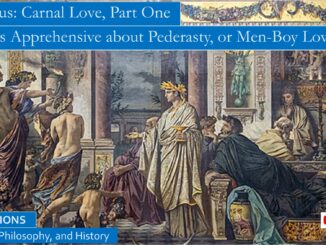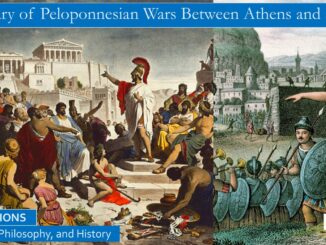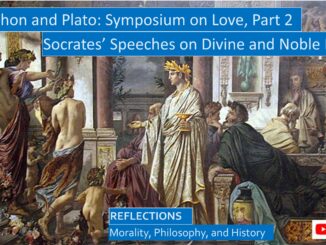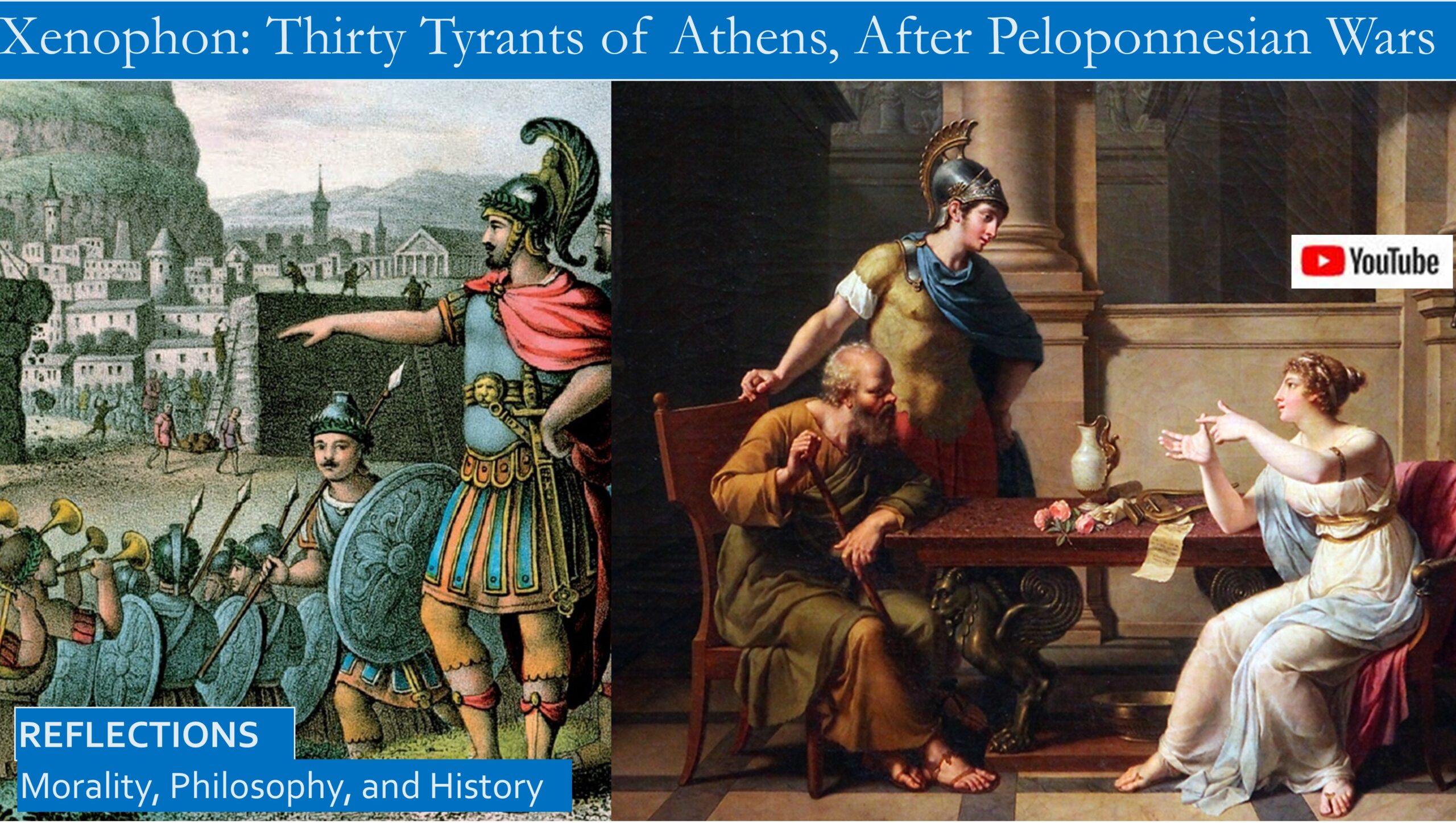
Plato’s Dialogue of Phaedrus on Carnal Love and Rhetoric, Part 1
Although Socrates does not condemn homosexual love in either dialogue, he is also depicted as being above carnal love, only capable of a philosophical divine love that is only concerned with the goodness of the soul. In the Symposium, the rowdy Alcibiades crashes the dinner party quite drunk, proclaiming how though he and Socrates were the best of friends, even saving his life in the thick of battle, in the end Socrates refused to become his lover. […]








